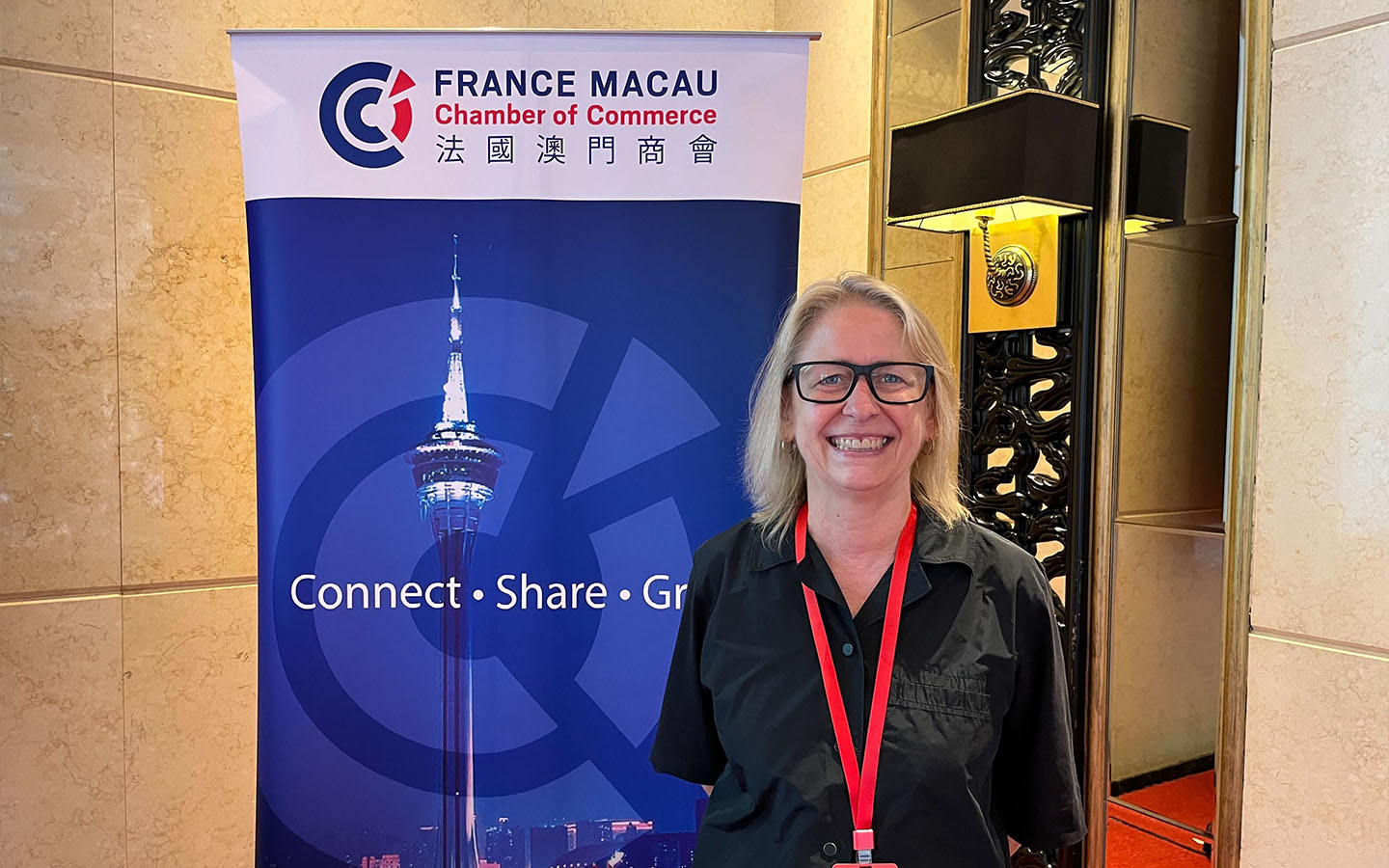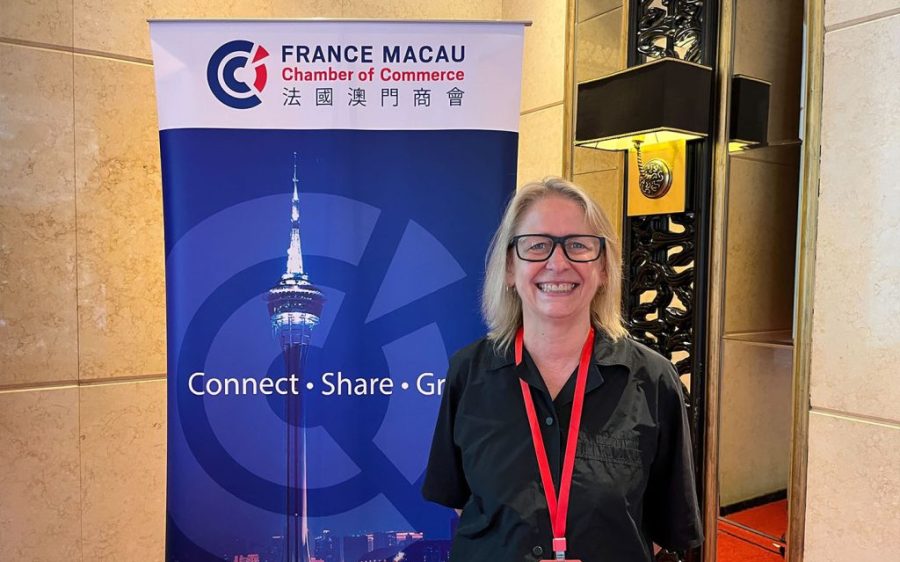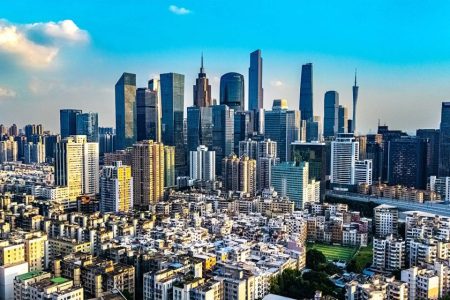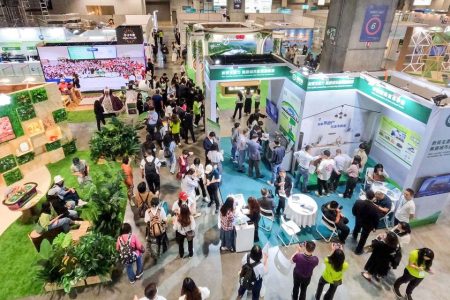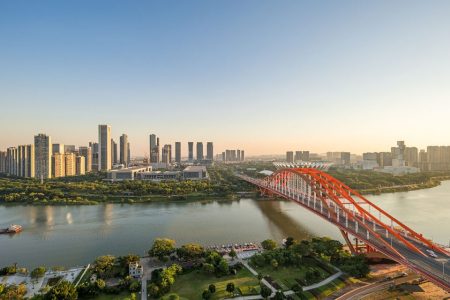With its diverse range of culinary offerings, including Macanese cuisine (hailed, incidentally, as one of the world’s first examples of fusion food), it should come as no surprise that Macao is a UNESCO City of Gastronomy or that tourism officials are keen to leverage food to lure more travellers.
According to Annabel Jackson – an author, academic and food and wine expert who is well-versed in Macao’s culinary scene – the authorities could do better by inviting more local stakeholders to take part in local gastronomic events.
She was speaking at the France Macao Chamber of Commerce (FMCC)’s breakfast talk, which was held this morning at Sofitel.
Jackson noted that neither the Macanese Association nor the Macanese Association of Gastronomy were invited to serve food during the inaugural International Cities of Gastronomy Fest, which was held in June of this year.
“If we’re parading Macanese cuisine, it should have been the poster child of that event, and it wasn’t there, according to what I’m hearing,” Jackson said. “An important part of tourism theory is that you have to get many different stakeholders involved, and these local associations are critical in telling the story.”
In Jackson’s view, if Macao wants to establish itself as a culinary destination, it needs to offer more than restaurants and the occasional food festival. “Where are the food tours, the market visits, the cooking classes and the wine tasting?” the academic said.
[See more: A taste of heritage: The sustaining power of Macanese cuisine]
She also highlighted the complexity of promoting Macao as a culinary centre. For starters, the city’s flagship cuisine, Macanese cuisine, is highly dynamic, encompassing a wide range of different ingredients, flavours and cooking methods.
“When you’ve got a creole cuisine like Macanese…it keeps being reimagined and reinvented, which is very exciting, but it is confusing,” Jackson noted.
To muddy the waters even further, the expert said that the integrated resorts have been including an assortment of “Macanese” dishes on their menus in an attempt to fulfil their licence requirements from the government, which stipulate that at least one of the restaurants on their properties will have a menu that consists of at least 40 percent Macanese or Portuguese dishes.
Despite the confusion, the future remains bright for Macao’s culinary scene, with Jackson stating that she expects the number of Michelin-starred restaurants next year to increase from the current 17.
She also recalled her interview with celebrity chef Gordon Ramsay earlier this year, whom she described as “really excited” and “really positive” about Macao. According to Jackson, Ramsay wants to open another restaurant on top of his establishment in the Londoner, although it would be a smaller, fusion restaurant that is intended “to catch the local vibe.”
Other FMCC talks have also focused on the topic of gastronomy, addressing topics like the aesthetic of taste and sous vide cooking. The next FMCC breakfast event is scheduled to take place on 25 September.
